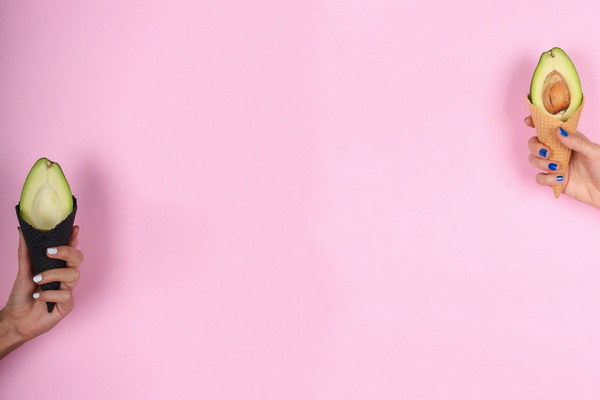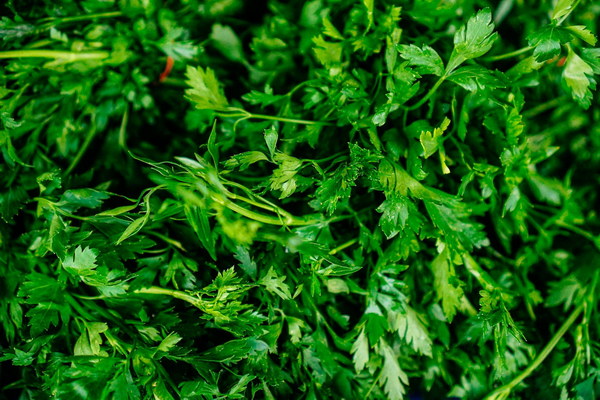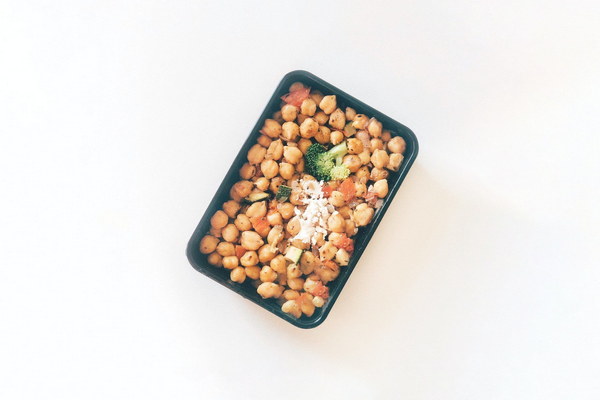Nourishing the New Mom A Comprehensive Guide to Postpartum Breastfeeding Diet
Introduction:
The postpartum period is a crucial time for new mothers to heal, recover, and regain their strength. One of the most significant aspects of this recovery process is breastfeeding, which not only provides essential nutrients to the baby but also aids in the mother's own healing. However, as the time comes to wean the baby off breastfeeding, it is equally important for the mother to focus on her diet to ensure she maintains her health and vitality. This article provides a comprehensive guide to postpartum breastfeeding diet, highlighting the best foods and practices to support the new mother's journey through weaning.
1. Understanding the Postpartum Breastfeeding Diet:
The postpartum period is characterized by a unique set of nutritional needs, as the body is working to recover from childbirth and provide milk for the baby. When transitioning to weaning, the mother's diet should still focus on nutrient-dense foods that support overall health and well-being. Here are some key elements to consider:
- Protein: Essential for muscle repair and the production of breast milk. Lean meats, fish, eggs, legumes, and dairy products are great sources of protein.
- Iron: Crucial for red blood cell production and energy levels. Red meat, poultry, fish, beans, lentils, and dark leafy greens are rich in iron.
- Calcium: Important for bone health and the production of breast milk. Dairy products, leafy greens, and fortified plant-based milk are good sources of calcium.
- Folic acid: Vital for the production of new cells and the prevention of birth defects. Leafy greens, legumes, and fortified cereals are excellent sources of folic acid.
- Omega-3 fatty acids: Beneficial for brain development and mood regulation. Fish, flaxseeds, chia seeds, and walnuts are rich in omega-3 fatty acids.
2. Foods to Include in the Postpartum Breastfeeding Diet:
As the mother prepares to wean her baby, incorporating the following foods into her diet can help support her health and ease the transition:
- Green vegetables: Spinach, kale, and Swiss chard are excellent sources of calcium, iron, and folic acid.
- Lean proteins: Chicken, turkey, lean beef, and fish provide essential amino acids and iron.
- Fruits and berries: Fruits like apples, bananas, and berries are rich in vitamins and fiber, aiding digestion and overall health.
- Whole grains: Quinoa, brown rice, and whole-wheat bread provide sustained energy and fiber.
- Nuts and seeds: Almonds, walnuts, chia seeds, and flaxseeds are packed with healthy fats, protein, and vitamins.
- Healthy fats: Avocado, olive oil, and coconut oil are great sources of monounsaturated and polyunsaturated fats.
3. Hydration and Gentle Weaning:
Maintaining adequate hydration is essential for the mother's recovery and the production of breast milk. Drinking plenty of water, herbal teas, and broths throughout the day can help with this. Additionally, it is important to approach weaning gently to avoid discomfort and stress for both the mother and the baby. Gradually reducing the frequency of breastfeeding sessions and introducing more solid foods can help the baby adjust to the change.
4. Foods to Avoid:
While focusing on a well-balanced diet, it is also important to be aware of certain foods that may not be suitable during the postpartum period:

- Caffeine: Limiting caffeine consumption can help reduce the risk of sleep disturbances for both the mother and the baby.
- Alcohol: Avoiding alcohol is crucial to ensure the baby's safety and the mother's health.
- Highly processed foods: These can be difficult to digest and may contribute to constipation or other digestive issues.
Conclusion:
Transitioning from breastfeeding to weaning can be a challenging time for new mothers. By focusing on a well-balanced diet that incorporates nutrient-dense foods and gentle weaning practices, mothers can support their health and well-being during this critical period. By following this comprehensive guide, new mothers can ensure they are taking the necessary steps to nourish themselves and their baby as they navigate this significant life transition.









